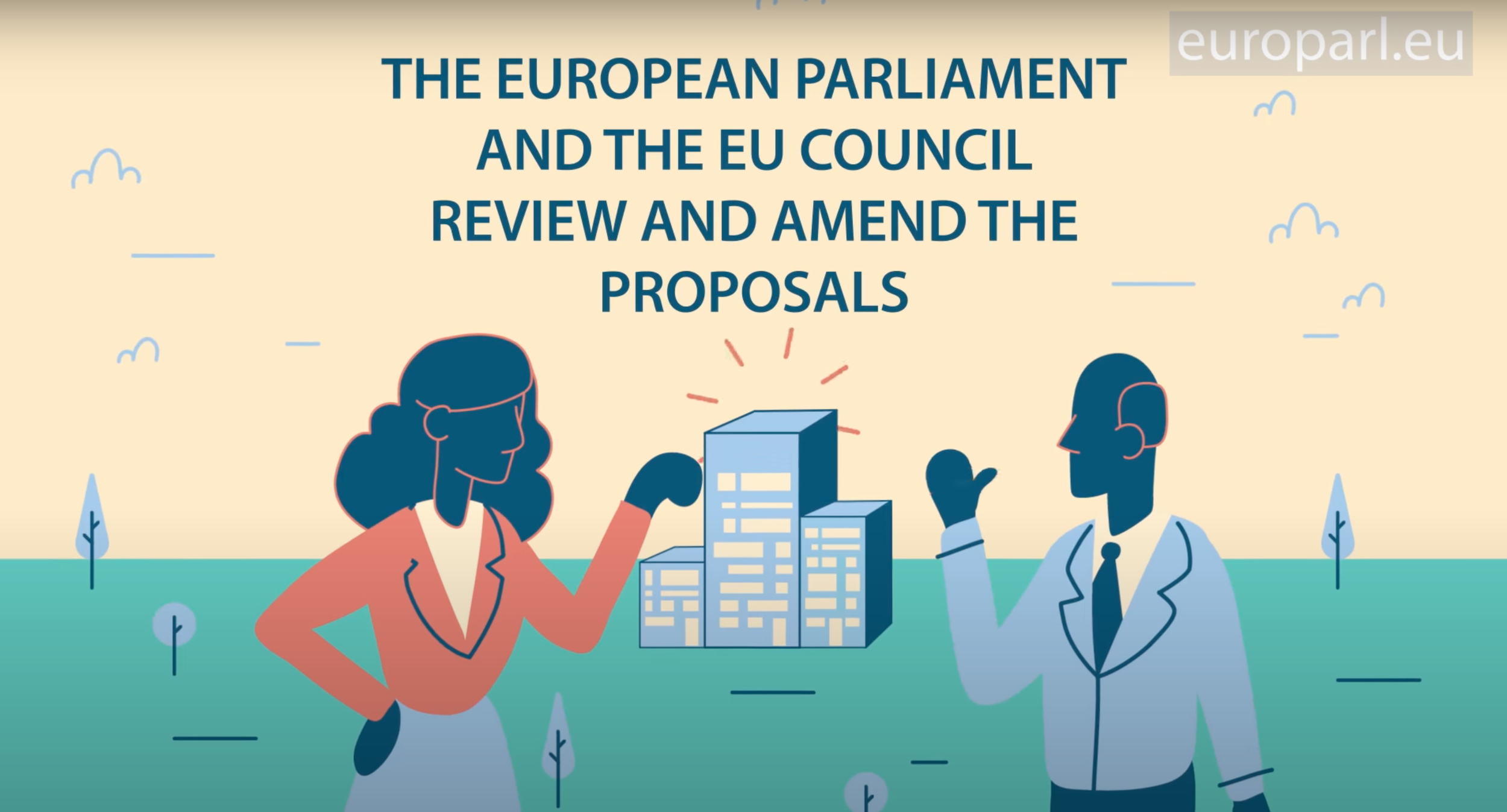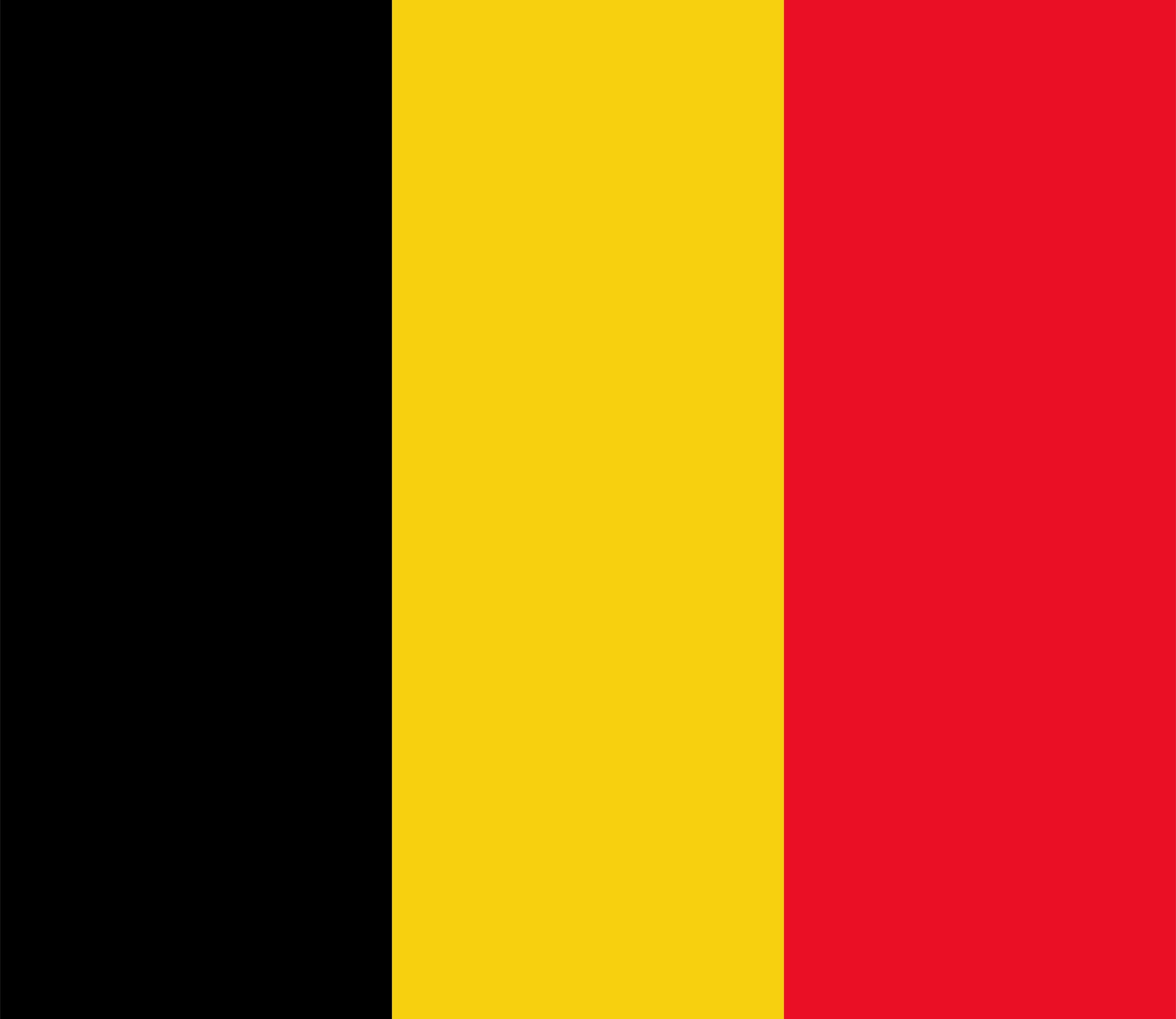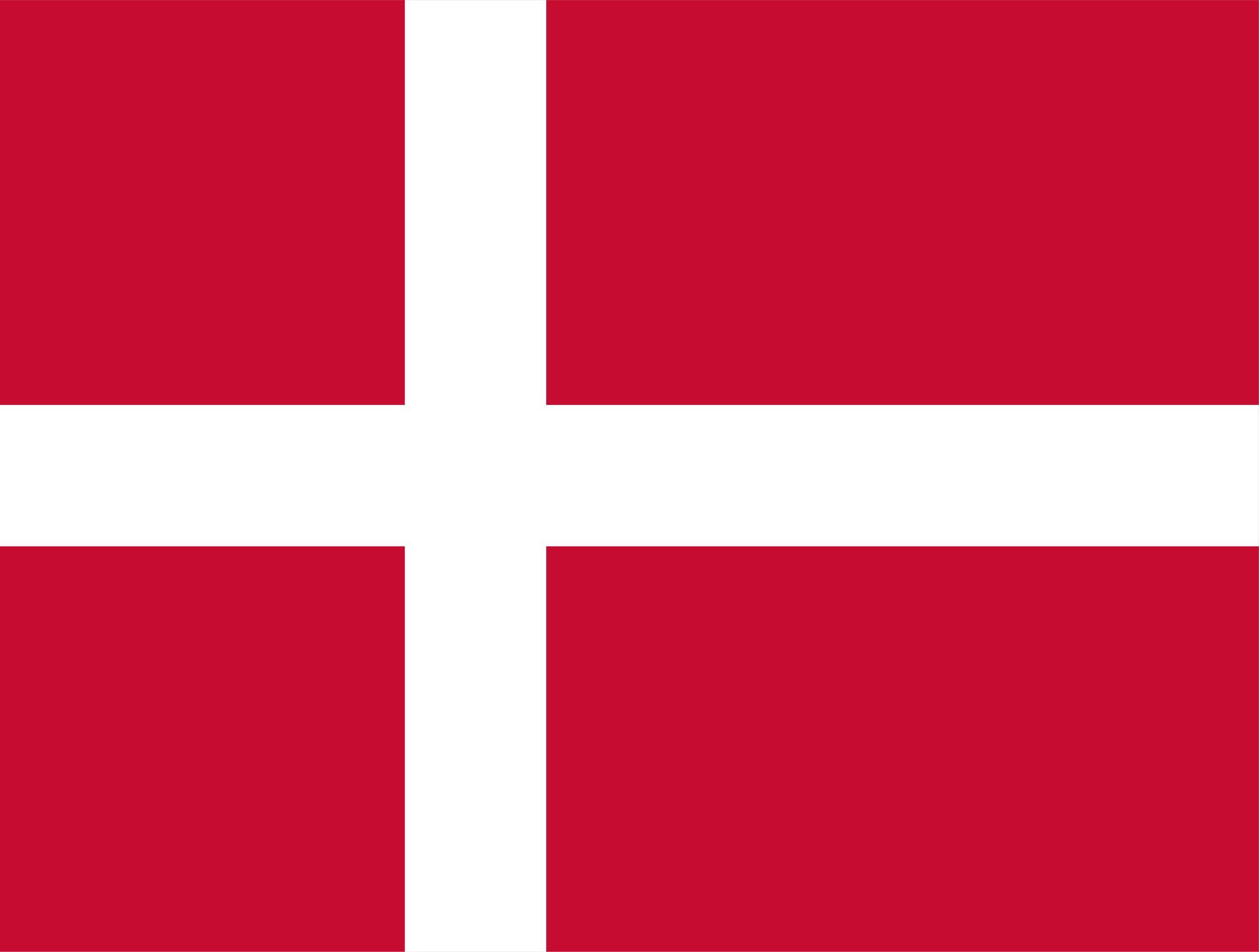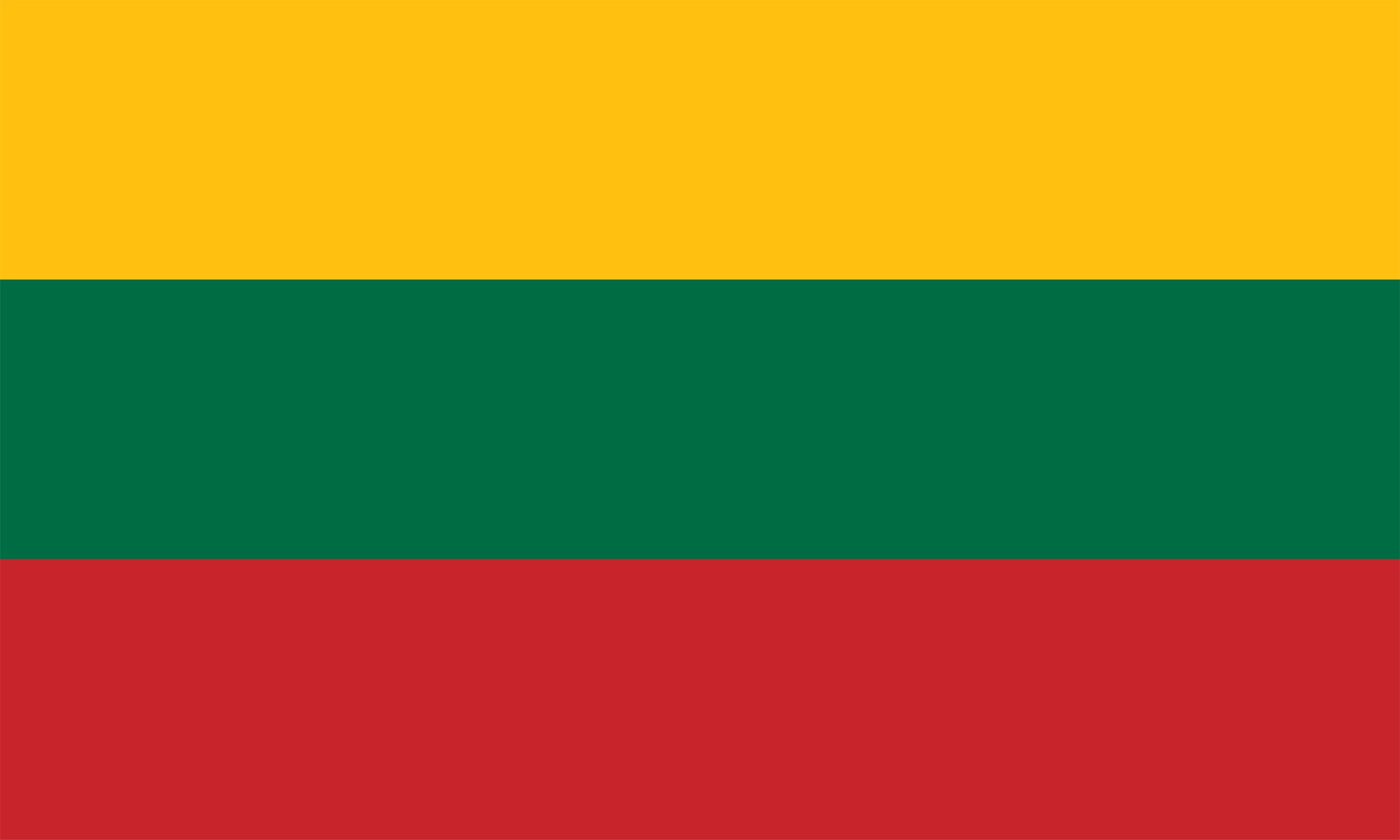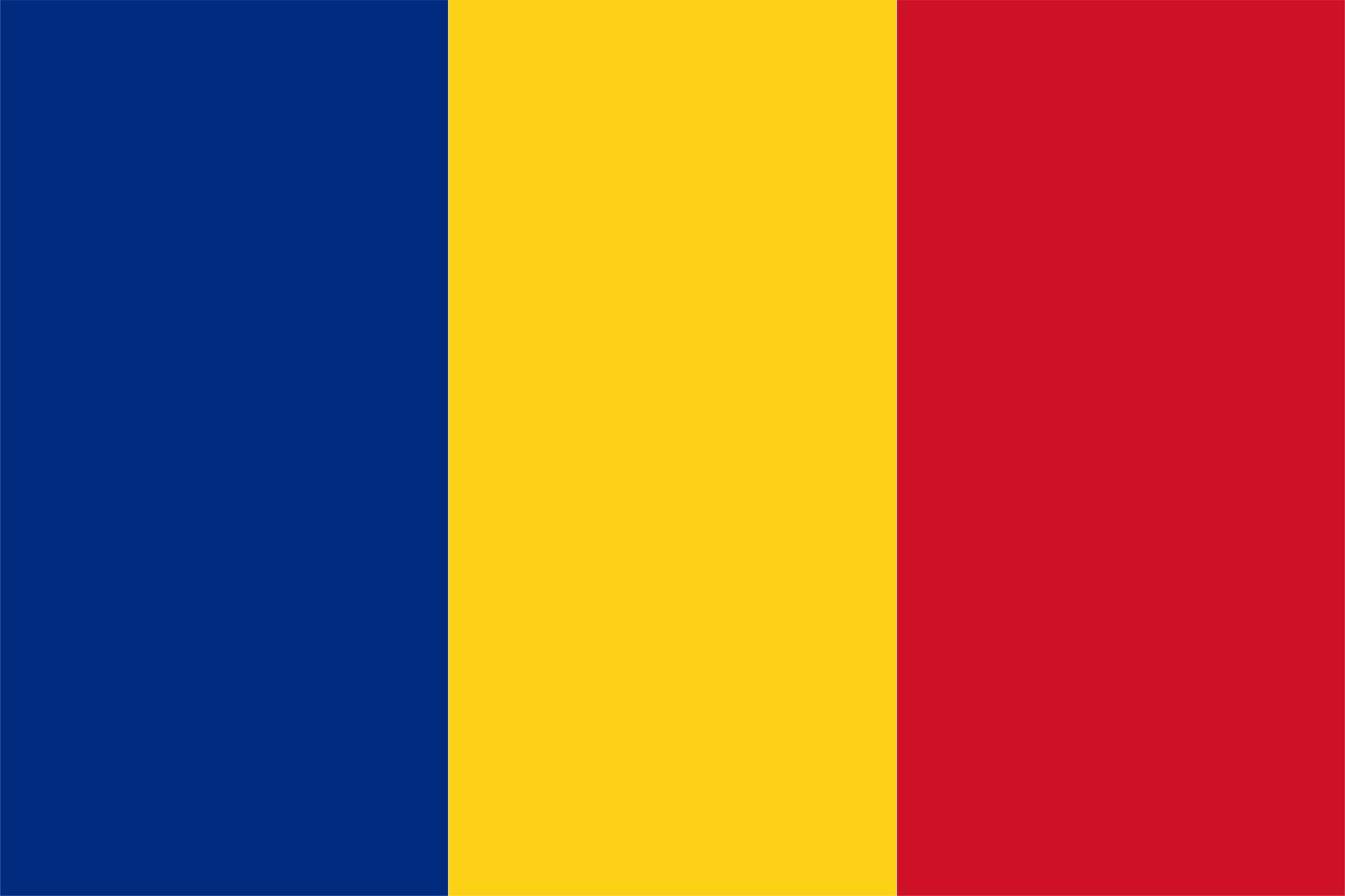
EUROPEAN ELECTIONS
Get the facts
Engage with the issues and use your voice.
The European Union
The EU is an organisation that brings together 27 countries who work together to resolve political, social, economic, monetary and environmental issues.
With roots in the 1950s, the union was born in the aftermath of the Second World War to sustain peace, prosperity, stability and democracy, as well as to champion human rights and fundamental freedoms, and to create solidarity among European people.
Members of each EU Member State come together regularly to make key decisions that have an influence on our everyday lives. For example, it is thanks to the EU that we can travel from country to country without a passport, access the care we need when away from home, and even study and work abroad for as long as we want. The EU also protects our rights and the environment by fighting discrimination, banning certain harmful products or by keeping tech giants and corporations in check. And that’s just the tip of the iceberg.
Why the EU matters
In today’s globalised world, the European Union thrives under the conviction that collaboration and collective action is greater than our differences—we’re stronger together. Even if there’s always room for improvement, the EU institutions tirelessly work in unison to ensure transparency, accountability and respect for democratic values, making our lives much better in so many ways.
In short, the EU is a democracy that we can all be a part of.
Bringing peace, stability, and prosperity to its members.
Serving as a unified front in addressing global challenges, including climate change, economic struggle and geopolitical crises such as the war in Ukraine, and influencing the economic and political landscape beyond its borders.
Protecting the rights of all its citizens while globally upholding democratic principles, human rights, individual freedoms, and the rule of law.
Granting freedom of movement for goods, services, money, and people—opening up a wider range of opportunities for EU citizens and ensuring the group’s unity.
Sharing a common currency—the Euro—, reducing currency risks and exchange costs, and boosting economic integration.
Championing political transparency and working as closely as possible with its citizens. In fact, the legislation process is public, and anyone has the right to request access to EU Council documents, which means that the EU offers one of the most transparent decision-making processes in the world.
The EU Institutions
To decide on—and to implement—all economic, legal and socio-political measures, the EU relies on 7 expert bodies. Each has a set of responsibilities and goals, but they work together for the common good of the union and its citizens. That is… for all of us.
-
Composed of the Heads of State of all member countries, it makes decisions on the general direction of the EU.
Visit their website. -
Formed by 27 commissioners (one elected by each Member State), the Commission is in charge of drawing up legislative and budget proposals and sharing it with the Council of the EU and the European Parliament.
Visit their website. -
It comprises ministers from the 27 Member States. Its remit includes: examining and adopting EU legislation, coordinating the general direction of economic policy, defining the EU’s common foreign and defence policy, and approving the annual budget of the union (with the European Parliament).
Visit their website. -
Formed by the 705 representatives you’ll get to elect in June. Its key tasks are: examining and adopting EU legislation, ensuring the democratic methods of other institutions, and approving, examining and controlling the budget of the union (with the Council of the EU). More on the European Parliament here.
-
The ECB manages the euro and frames and implements EU economic and monetary policy. Its main aim is to keep prices stable, thereby supporting economic growth and job creation.
Visit their website.
-
As the EU's independent external auditor, the ECA looks after the interests of EU taxpayers. It does not have legal powers, but works to improve the Commission's management of the EU budget as well as reporting on EU finances.
Visit their website. -
The CJEU interprets EU law to make sure it is applied in the same way in all EU countries, and settles legal disputes between national governments and EU institutions.
Visit their website.

